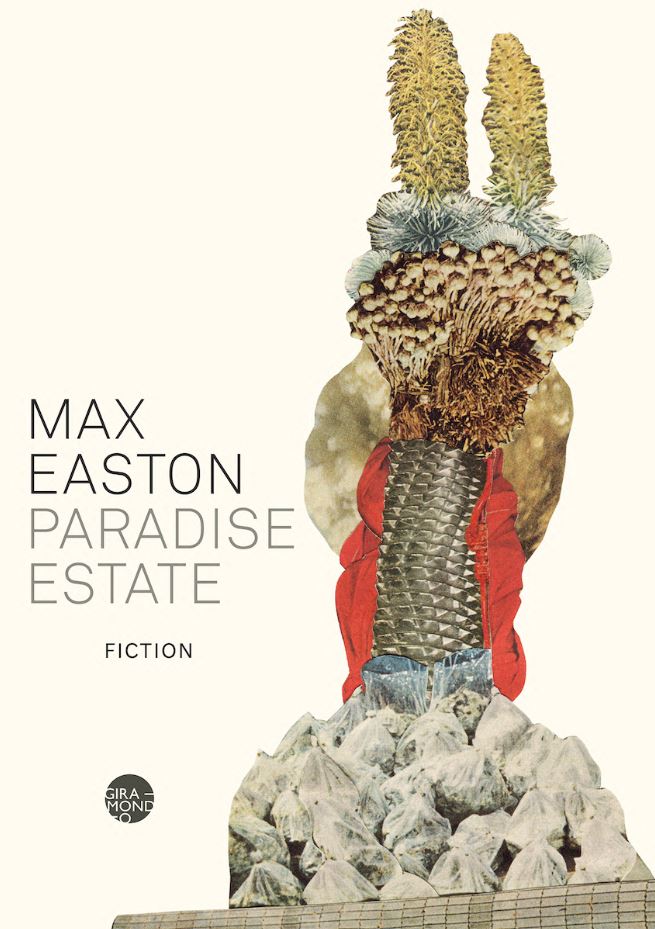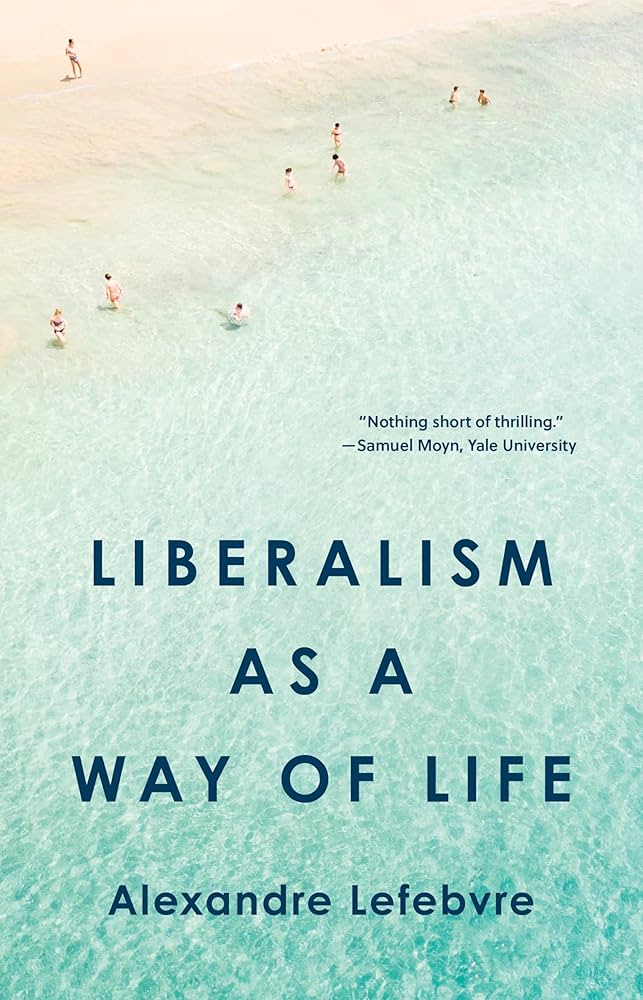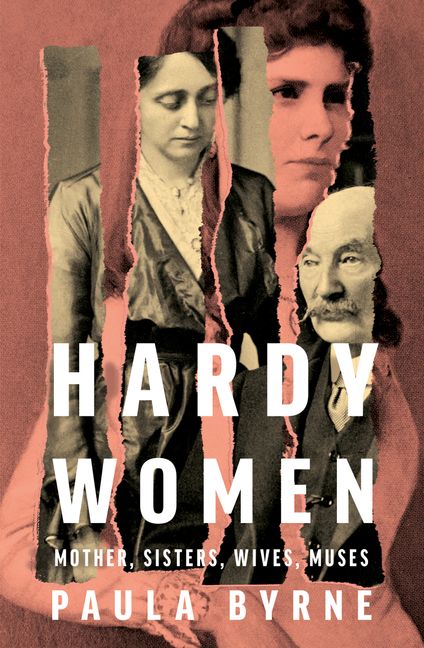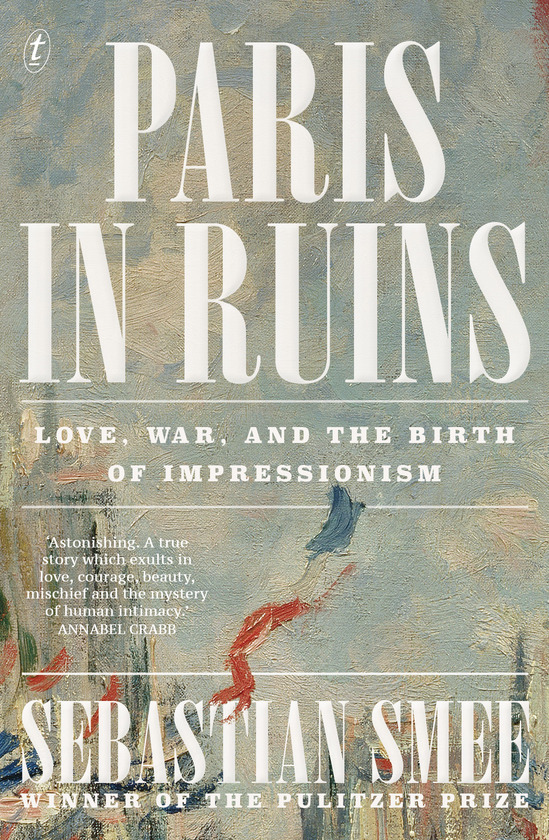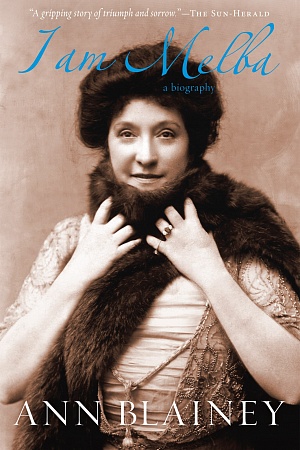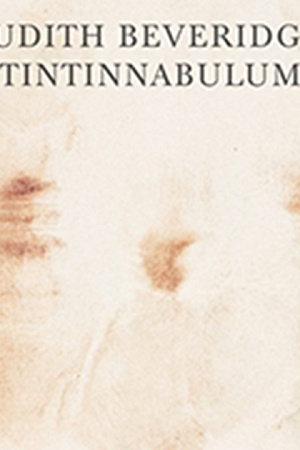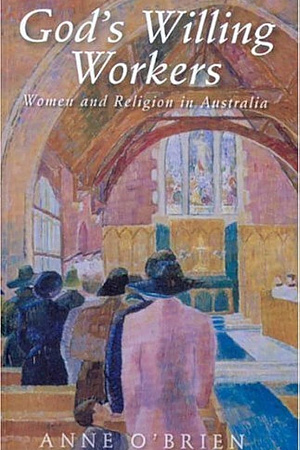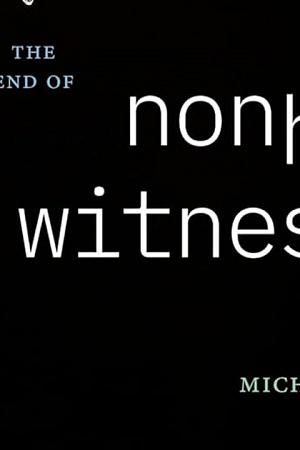Paradise Estate
Giramondo, $32.95 pb, 304 pp
Share-house mould
Max Easton’s second novel begins in early 2022 when an ensemble of thirty-somethings loosely connected through mutual friends and subcultural scenes decide to lease a four-bedroom share house. The house in Sydney has its flaws. Mould colonies grow on ceilings and walls in a ‘rich spectrum’, aided by a series of La Niña weather events. Situated just off a main road and surrounded by high-rise apartment buildings, the property offers little in the way of privacy. The fascia gutters are blocked by champagne corks popped from the apartment balconies above.
Paradise Estate follows Easton’s successful début, The Magpie Wing (2021), of which the chief protagonists – siblings Helen and Walt Coleman – also feature in this loose sequel. Reeling from the break-up of her relationship and in mourning for her younger brother, it is Helen, with the assistance of resourceful friend Sunny, who instigates the move to the share house which Sunny later dubs the ‘Paradise Estate’. Rather than anything material, the name refers to a song by the post-punk band Television Personalities, yet it might also speak to the property’s accessibility in the context of Sydney’s housing crisis, as well as its potential for building something more ‘collectively minded’. Early on, the characters commit to engaging better with one another and the surrounding community, thinking of the household as something approaching a ‘commune’. It is this endeavour that the novel probes over the course of the year that follows.
Continue reading for only $10 per month. Subscribe and gain full access to Australian Book Review. Already a subscriber? Sign in. If you need assistance, feel free to contact us.

